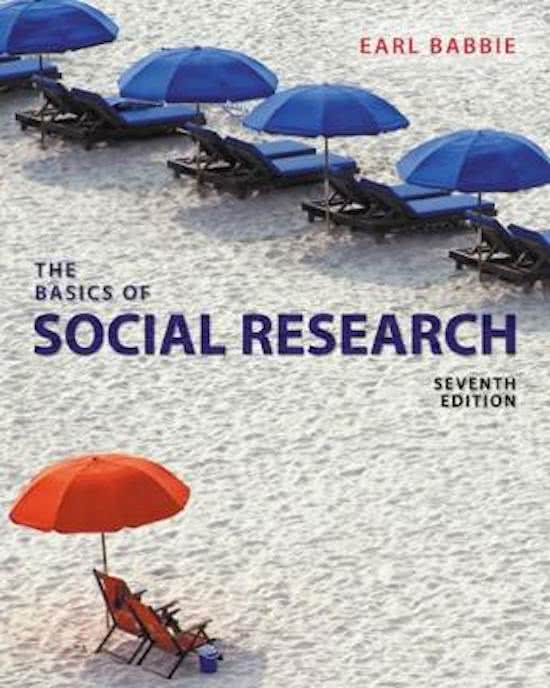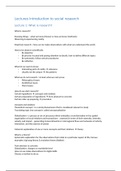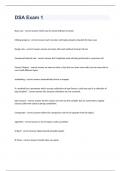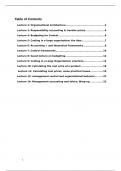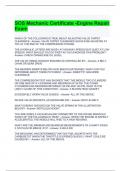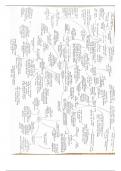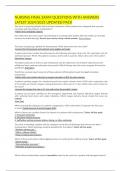Lecture 1: What is research?
What is research?
Knowing things – what we know (theory) vs how we know (methods)
Observing & experiencing reality
Empirical research = how can me make observations with what we understand the world.
How to be observe scientifically
- Be objective
- Be precise: focused and paying attention to details, how to define different topics
- Be systematic: follow certain procedures
- Be reflective
What do we want to know
- Interesting parts of reality relevance
- Usually not the unique the patterns
What we do not research / at least what we cant prove
- Philosophical issues
- Aesthetical issues
- Moral issues
How do we start research?
Certain ingredients concepts and relations
Certain preparation of ingredients from abstract to concrete
Certain order op preparing procedure
Concepts and relations
Theoretical concept = is a social phenomenon that is considered relevant to study
Translating topic into concept is called conceptualization
Globalization = a process or set of processes which embodies a transformation in the spatial
organization of social relations and transactions – assessed in terms of their extensity, intensity,
velocity and impact – generating transcontinental or interregional flows and networks of activity,
interaction, and the exercise of power
Coherent explanation of one or more concepts and their relations theory
What is a theory?
Systematic explanation for the observations that relate to a particular aspect of life, famous
examples: big bang theory & evolution theory (Babbie)
From abstract to concrete
Globalization: changes on worldwide level
How can we make observations for digital skills
Choose a method to do so:
, - Experiment
- Survey
- Online ethnography
Procedure
Deductive = general principles specific instances
Building on what we already know
Inductive = specific instances general principles
If there is hardly any theory
Logic of inquiry:
Scientific understanding of the world must make sense, and correspond to what we observe. We
have methods for observing reality (recipeds!)
3 steps
1. Start with theory & theoretical concept
2. Go from abstract concept to something more concrete
3. Procedure can go 2 ways; inductive of deductive
, Lecture 2: Paradigms & research design
Last week
Concepts (abstract)
Measurement (concrete)
Already theory deductive
No theory inductive
Paradigms
Sometimes people don’t agree about theories
- Because of fundamentally different perceptions of the world
- Because they represent different backgrounds
Paradigm= a model or framework for observation and understanding, which shapes both what we
see and how we understand it
(general idea, framework)
paradigm shift = realizing something is wrong with the paradigm
famous example first they thought the earth is the middle of the universe, but the sun is actually.
Paradigm shift in social sciences
- In psychology
- Behavioursm cognitive psychology
Paradigm shift in media field
- Almighty media (power, people absorb all info told on the TV) agency of audiences
(people not always believe what is said on tv)
Paradigms mentioned in babbie, don’t have to learn all. But you have to know with what approach
Variable – value
1. Unit of analysis (object/person) very essential
2. Variable (describes unit of analysis)
3. Value (or attribute)(manifestation of the variable)
Variable sex

